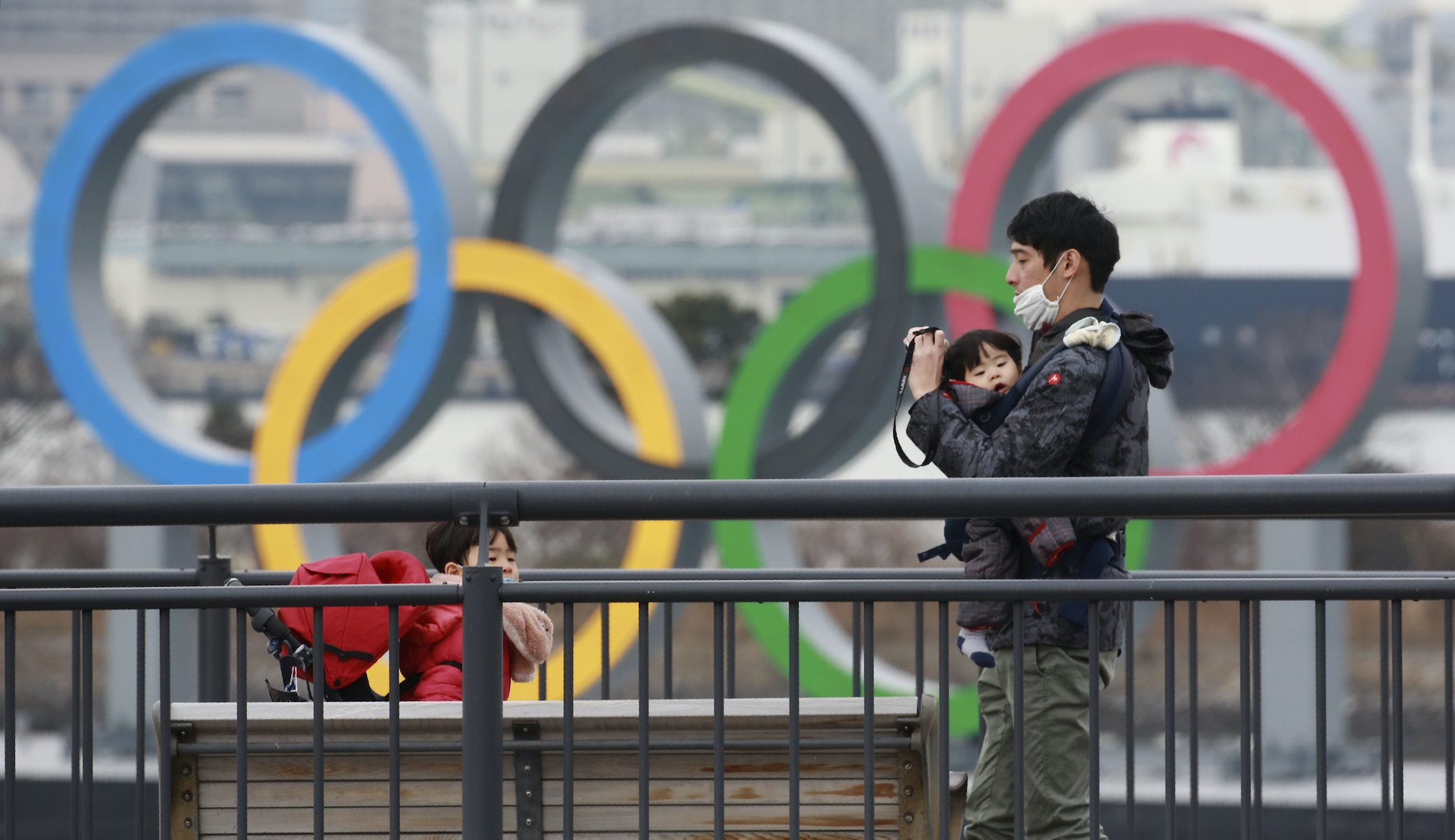Florida informed the Olympic Committee that it wants to host the international sporting event if Tokyo backs out because of the COVID-19 pandemic.
Jimmy Patronis, Florida’s chief financial officer, sent a letter to International Olympic Committee President Thomas Bach on Monday urging the committee to consider a move to the Sunshine State. He insisted that there was still time for the state to prepare for the massive undertaking.
“With media reports of leaders in Japan ‘privately’ concluding that they are too concerned about the pandemic for the 2021 Olympics to take place, there is still time to deploy a site selection team to Florida to meet with statewide and local officials on holding the Olympics in the Sunshine State,” Patronis said. “I would welcome the opportunity to pitch Florida and help you make the right contacts to get this done.”
In the letter, Patronis made the case for a Floridian Olympics by citing the rapid population growth in the state and by saying that while most of the biggest U.S. states were shutting down their economies because of the coronavirus, Florida was “fortunate enough to have a Governor that recognized the important balance of fighting the virus with keeping the economy open.”
He added that Florida Gov. Ron DeSantis has partnered with private sector companies in order to distribute COVID-19 vaccines to vulnerable populations. He also took a dig at the vaccine distribution abilities of other states, which he claimed to be mired by “government red tape.”
Patronis pointed out that the Sunshine State has successfully hosted other sporting events and teams during the pandemic, including the Ultimate Fighting Championship in Jacksonville and the National Basketball Association in Orlando, where the teams were confined to a “bubble” in order to mitigate the spread of the virus.
“Our state has ample hotel capacity and well-maintained transportation networks to accommodate the kind of infrastructure required for a major undertaking of this sort,” he said. “I think most importantly, however, we have a state with leaders who are willing to get this done.”
Patronis also said that on a personal level and as a father of two boys, the idea of canceling the event would be a “tough pill to swallow.” He said that Florida is willing to work with the committee to put COVID-19 precautions into place.
“I’ve always believed that sports and competition makes our world a better place, and these athletes demonstrate to children around the world that when you work hard, and put your mind to something, anything is possible,” he said.
The Washington Examiner reached out to the Olympic Committee for comment and was referred to a Friday statement from the Japanese government disputing reports that is planning to cancel the games as “categorically untrue.”
“At an IOC Executive Board meeting in July last year, it was agreed that the Opening Ceremony of the Olympic Games Tokyo 2020 would be held on July 23 this year, and the programme and venues for the Games were rescheduled accordingly. All parties involved are working together to prepare for a successful Games this summer,” the statement read.

“We will be implementing all possible countermeasures against COVID-19 and will continue to work closely with the IOC, the Tokyo 2020 Organising Committee and the Tokyo Metropolitan Government in our preparations for holding a safe and secure Games this summer,” it added.
Recent opinion polls show that some 80% of people in Japan do not want the summer Olympics to be held in Japan, given the health crisis there. Takeshi Niinami, an economic adviser to Japanese Prime Minister Yoshihide Suga, told CNBC that four conditions need to be met if Tokyo can host the games.
He said that Japan has to curb the current spread of the virus and that people need to “agree to wear and get the contact-tracing devices through smartphones.” He said that it is “a must” that the vaccine rollout begin on time in February and that the country needs to experiment by holding other large events, such as professional baseball games, first.
Japan has had nearly 375,000 confirmed cases of COVID-19, resulting in about 5,300 deaths. Cases have surged in the country over the past month, resulting in the country declaring a state of emergency that is set to run until Feb. 7, but it might be extended.

